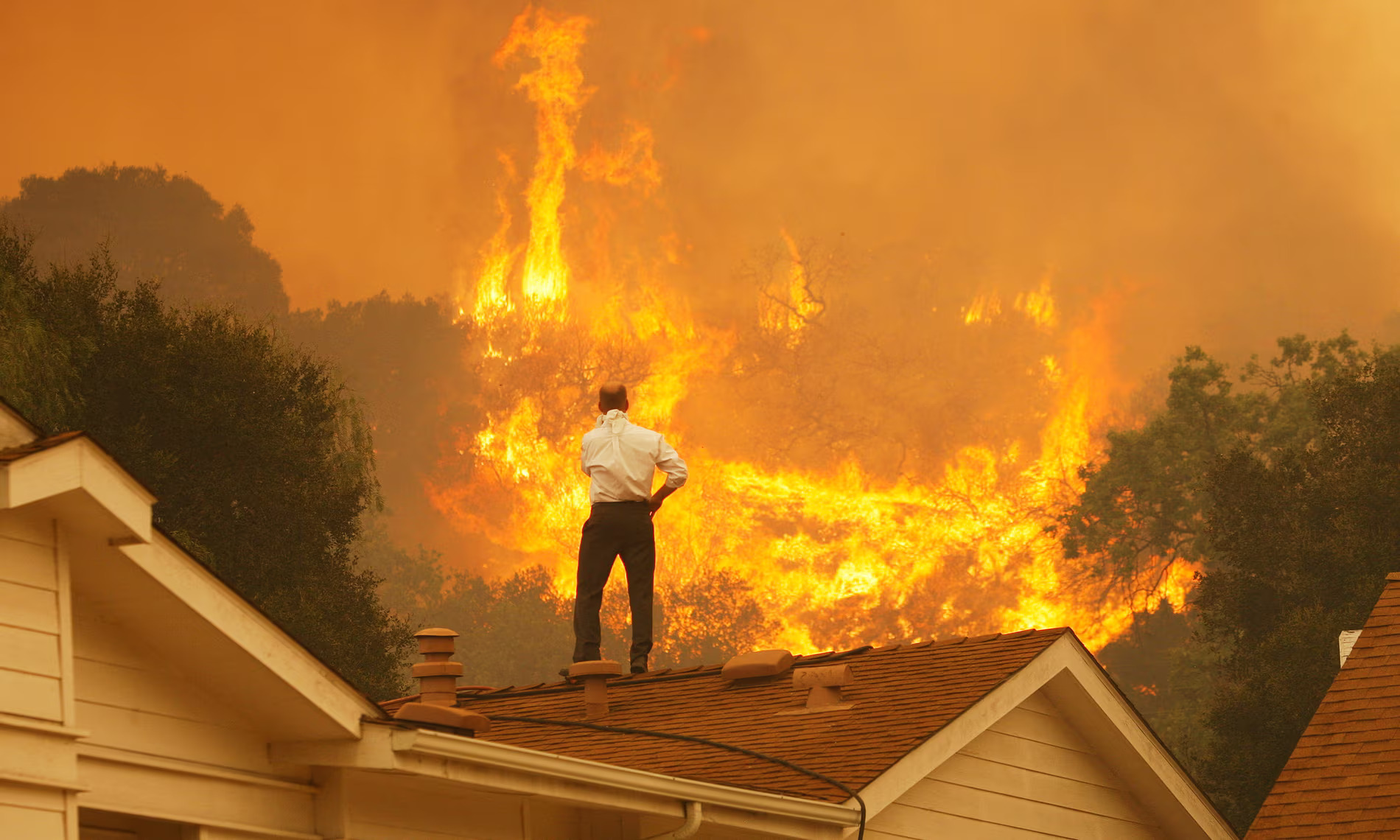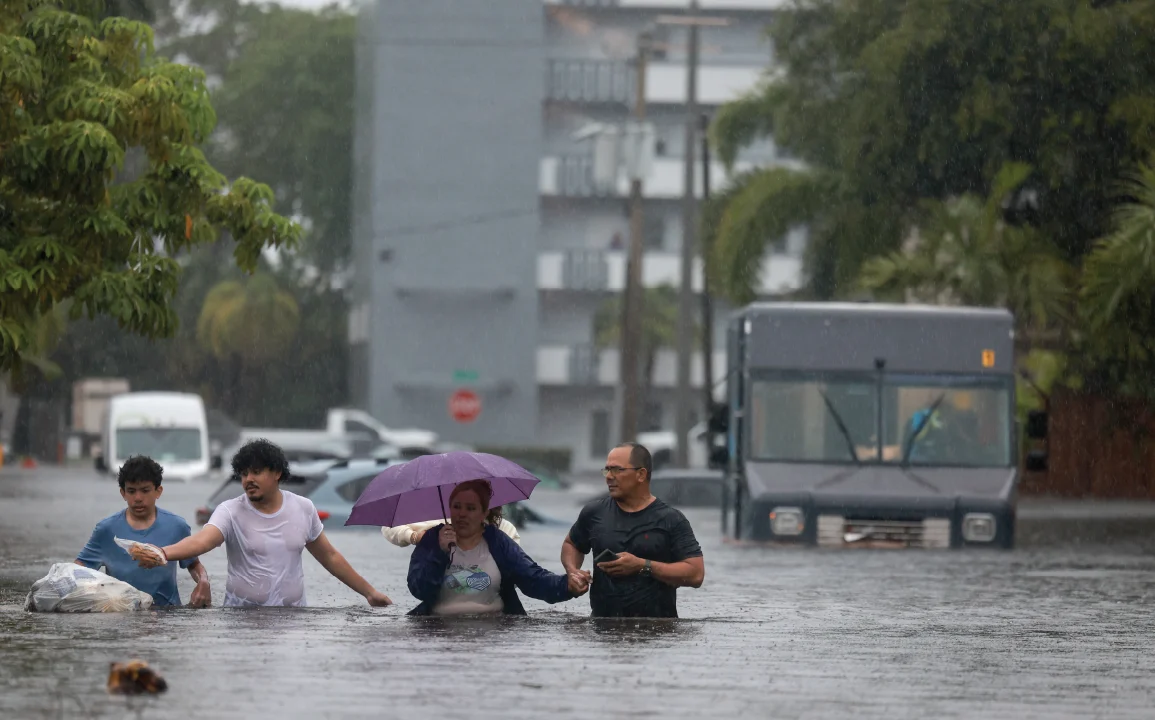The climate crisis is significantly amplifying the frequency and severity of extreme weather events worldwide, a phenomenon now better understood through climate attribution studies. These studies reveal that human-induced global warming, primarily due to the burning of fossil fuels, has drastically altered weather patterns.
Heatwaves, floods, storms, and other events are now striking with an intensity and regularity unprecedented in human history, highlighting the direct link between global heating and devastating weather disasters.
Attribution studies use three main approaches to evaluate the role of climate change: comparing present weather data with historical records, using climate models to assess preindustrial versus modern conditions, and simulating climate trends over time.
These methods consistently show that human-caused emissions have made extreme weather events more frequent and severe. For example, heatwaves that were once deemed impossible without global heating are now occurring regularly, underscoring the dramatic impact of rising temperatures.
The database of attribution studies, such as that from Carbon Brief, confirms that global heating intensifies many types of extreme weather. Heatwaves are the most affected, with 95% of analyses indicating they are now more severe or likely.

Rain and flooding events, while more complex to analyze due to human infrastructure, show that over 60% were worsened by climate change. Similarly, droughts and wildfires have become more common and severe in many regions, causing widespread destruction.
The impacts of global heating extend beyond weather to human lives and economic losses. Attribution studies estimate that climate change contributes significantly to heat-related deaths, flooding damage, and other catastrophic outcomes.
For instance, one analysis found that a third of newborn deaths linked to heat could have been prevented without climate change, while another attributed a significant portion of Hurricane Harvey’s flooding to global warming. Vulnerable populations, especially in poorer nations, bear the brunt of these disasters due to weaker infrastructure and fewer resources.
Attribution studies also play a critical role in holding polluters accountable and shaping climate policy. They provide evidence for legal cases and inform international efforts, such as funding for loss and damage caused by climate disasters.
While not all events are analyzed, the growing body of research enables confident assertions about most extreme weather events. It is now undeniable that the climate crisis is driving many of today’s disasters, underscoring the urgent need for mitigation and adaptation to address this escalating threat.

